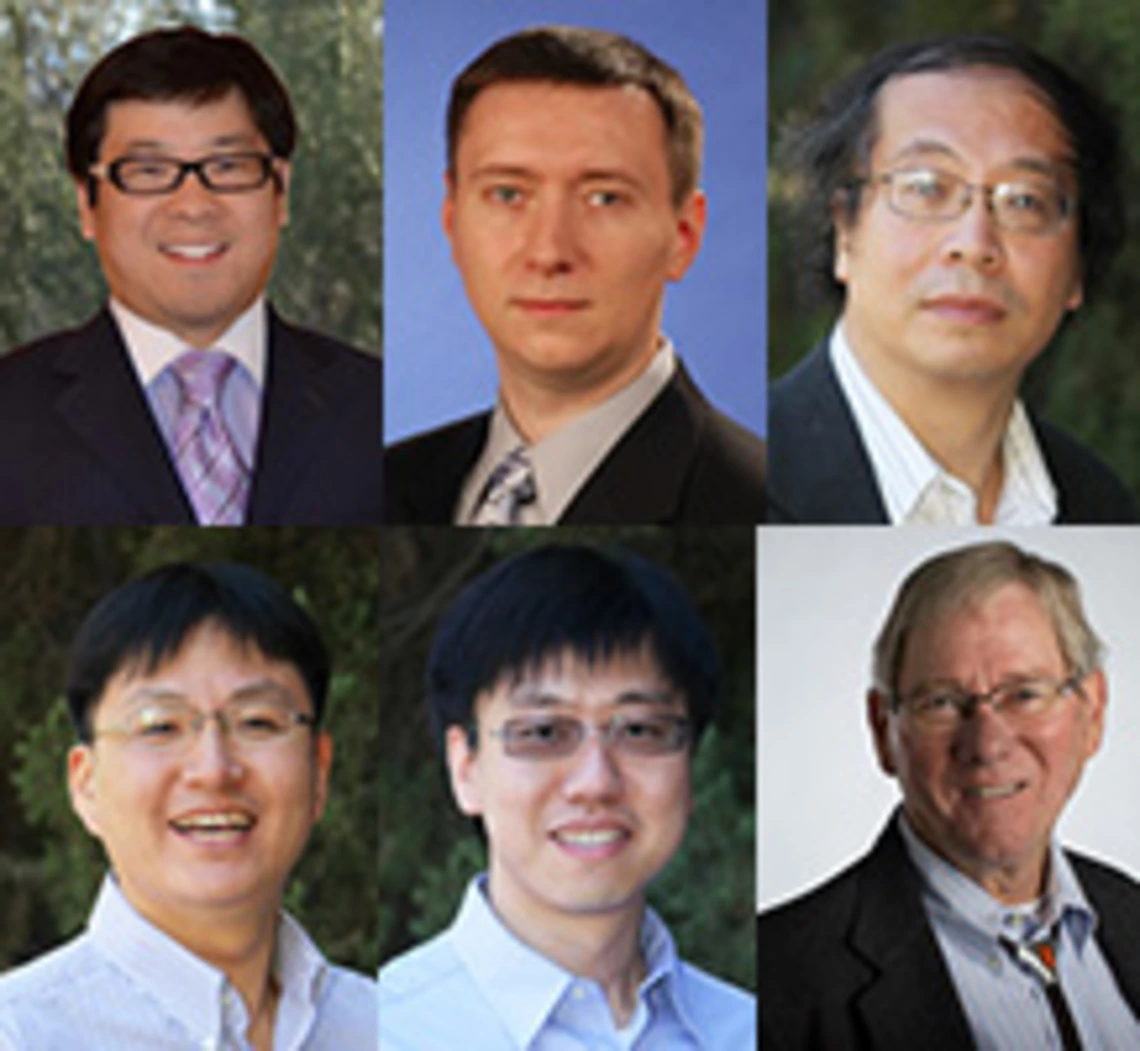Faculty Research and Professional Highlights

Congratulations to our talented faculty, who have garnered great press, research grants and high-profile professional society positions in 2016.
Assistant professor Neng Fan was awarded a three-year National Science Foundation grant for “Collaborative Research: Automated Knowledge Discovery in Reliability and Health Care from Complex Data with Covariates.” The project will investigate a new methodology for automated knowledge discovery from complex data with covariates using matrix-analytic models. He aims to develop statistical tools and optimization algorithms for efficiently collecting complex data and selecting useful subsets from massive data sets for quick implementation. His team is targeting health care efficiency improvement.
Professor Pavlo Krokhmal’s research, conducted under the U.S. Department of the Air Force grant “Stochastic Failures in Complex Systems,” involves theoretical studies of uncertainties, risks and failures in complex distributed systems, such as large-scale networks. An integral part of his efforts includes the development of novel computational methods and algorithms for the design and control of failure-resistant systems.
Another Krokhmal project, sponsored by the Defense Threat Reduction Agency, aims to elucidate the fundamental properties of cascading, domino-like processes in networks, including propagation of failures due to large-scale attacks, spread of diseases and more. He is collaborating with colleagues at the University of Pittsburgh.
Associate professor Wei Lin received an NSF grant for a voting-based approach to data acquisition for traffic management systems. Collecting traffic data has long been considered one of the most important, but most costly, components of traffic management and traveler information systems. Lin's team anticipates that the current roadway-based infrastructure for traffic data collection will eventually be replaced by vehicle-based data. This project aims to expedite that paradigm shift by developing a system in which drivers interact with traffic control through providing their time-dependent speed and positioning information to the system as “votes” in exchange for possible priority service. Such interaction, a feature currently available only to special-class vehicles, would fundamentally change the conventional theory for algorithm development in traffic control.
Department head Young Jun Son and associate professor Jian Liu, in collaboration with Jyh-Ming Lien of George Mason University, have been awarded a three-year grant from the Air Force Office of Scientific Research for a hierarchical and scalable situation awareness system for 3-D border surveillance. This project extends their recently completed AFOSR grant on dynamic-data-driven, adaptive multi-scale simulation-based urban surveillance via unmanned aerial and ground vehicles. Their goal is to investigate algorithmic approaches to scalable, robust, affordable and effective crowd control strategies using aerostats and multiple teams of UAVs and UGVs.
Liu was also elected president of the Division of Quality Control and Reliability Engineering of the Institute of Industrial and Systems Engineers.
Professor Emeritus Terry Bahill's research recently showed up in a Sports Illustrated article on how vision factors in the feats of elite athletes.
